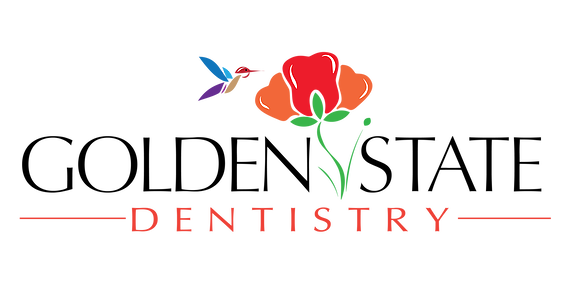There are several factors that can contribute to the difficulty of getting numb and maintaining that numbness throughout your dental visit. Understanding these reasons can help you and your Walnut Creek dentist address the issue more effectively, ensuring a more comfortable and pain-free experience. Here are some common reasons why it might be challenging for you to become numb and remain numb during dental treatments.

1. Anxiety
Anxiety can increase adrenaline levels, making it harder for local anesthetics to be effective. Additionally, when you're anxious, even the slightest touch might be perceived as pain. You may also be more prone to flinching or moving during the anesthetic administration, which could cause the dentist to miss the nerve. Oral sedation and/or nitrous oxide can help alleviate anxiety and enhance the effectiveness of the anesthetic.
2. Genetics
Genetic factors can make numbing difficult. Redheads, for instance, often need more anesthetic due to a lower pain threshold linked to the MC1R gene. Recognizing these differences helps dentists provide better pain management.
3. Metabolism
If the anesthetic wears off quickly, it may be due to a fast metabolism, which processes medications rapidly. Intense exercise and caffeine can further speed up metabolism, reducing anesthetic effectiveness. To prolong numbness, consider moderating exercise and caffeine intake before your dental appointment.
4. Anesthetic Placement
If your dentist misses the nerve when injecting anesthetic, you may not get numbed properly. This is why it's important to stay as still as possible when receiving local anesthetic. Let your dentist know if you are not numb within 5-15 minutes, you may need additional anesthetic.
5. Vitamin C
Consuming vitamin C, such a drinking a glass of orange juice before your dental visit or taking vitamin C supplements, can change the pH balance in your mouth and counteract dental anesthetics. However, having vitamin C after your visit, can help wear off the numbing effect.
6. Anatomy
Every mouth is unique, with distinct arrangements of teeth, nerves, and blood vessels. This variability can make it challenging to achieve numbness during dental procedures if your nerves are in atypical locations. Dentists may need to use advanced techniques to ensure effective numbing. Understanding your oral anatomy helps you and your dentist find the best approach for a pain-free experience.
7. Infection
If you have an infection in your mouth, similar to the effects of vitamin C, it can increase the acidity in your mouth. This heightened acidity can disrupt the pH balance, hindering the effectiveness of the anesthetic. Anesthetics are most effective in a neutral pH environment. This is one of the reasons dentists may prescribe antibiotics before procedures that require anesthetics.
8. Previous Trauma or Injury
Significant injuries like a broken jaw can damage or displace nerve tissues, disrupting anesthetic pathways and making numbness difficult during dental procedures. Scar tissue and changes in jaw alignment may further complicate anesthetic administration. Dentists might need specialized techniques or higher anesthetic doses for effective pain control. Inform your dentist about past injuries to tailor their approach for a more comfortable experience.
9. Medications
Certain medications can reduce the effectiveness of dental anesthetics. For example, drugs used to manage high blood pressure might hinder your ability to become numb during dental procedures. Additionally, using recreational drugs can render local anesthetics not only ineffective but also potentially dangerous. It's crucial to be transparent with your dentist about any prescribed or recreational drugs you are using.
10. Hot Tooth
A hot tooth is a painful tooth that resists numbing due to hyperactive nerves. These overactive nerves generate additional pain receptors, necessitating a higher dose of anesthetic to achieve numbness.
11. Medical Conditions
Certain medical conditions and lifestyle factors can hinder achieving adequate numbness during dental procedures. For example, Ehlers-Danlos Syndrome, a connective tissue disorder, affects how the body responds to anesthetics, requiring specialized pain management. Teeth grinding, or bruxism, causes lactic acid buildup, increasing sensitivity and inflammation, which can interfere with anesthetic effectiveness. Understanding these issues helps tailor a plan for a more comfortable dental experience.
Our Walnut Creek Dentists are committed to providing you with the most comfortable experience possible during your visit. They will address your concerns and work with you to find the best solution.


.jpg?width=712&name=GSD-Scalloped-Tongue-Causes-and-Treatment-Blog-01.27.2210.21.21%20(1).jpg)











.jpeg?width=425&name=GSD-How-to-Combat-Dental-Plaque-07.22.24-2%20(1).jpeg)



